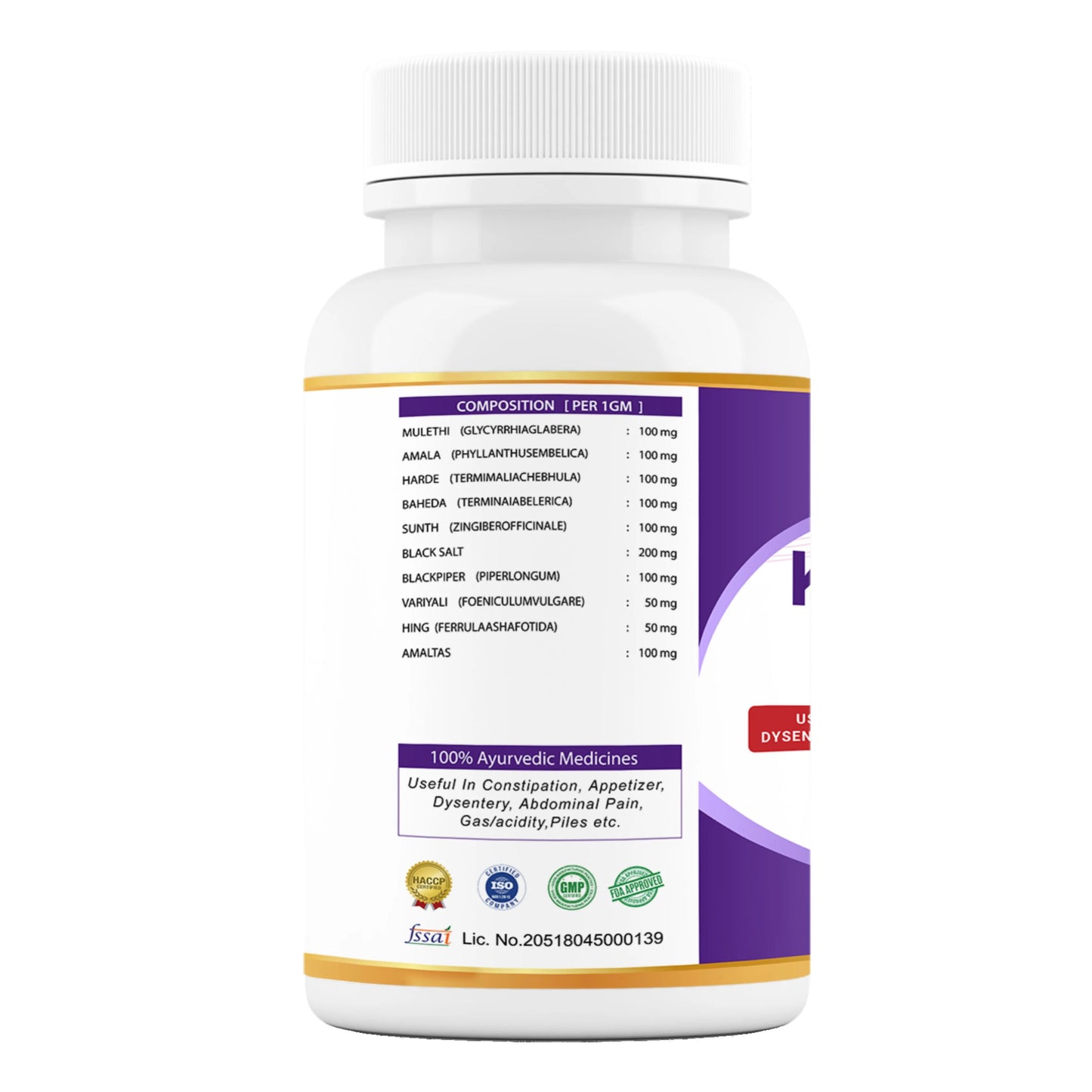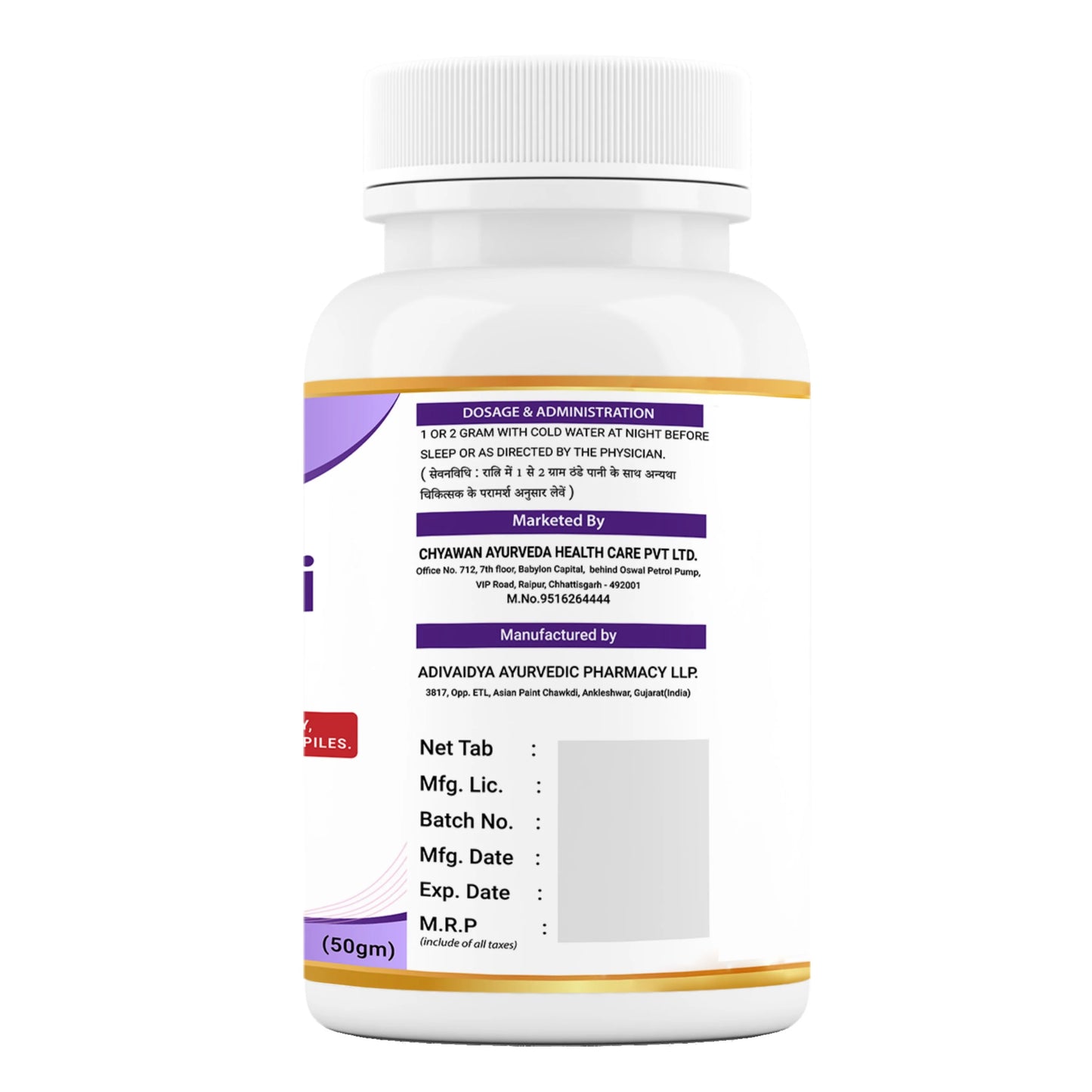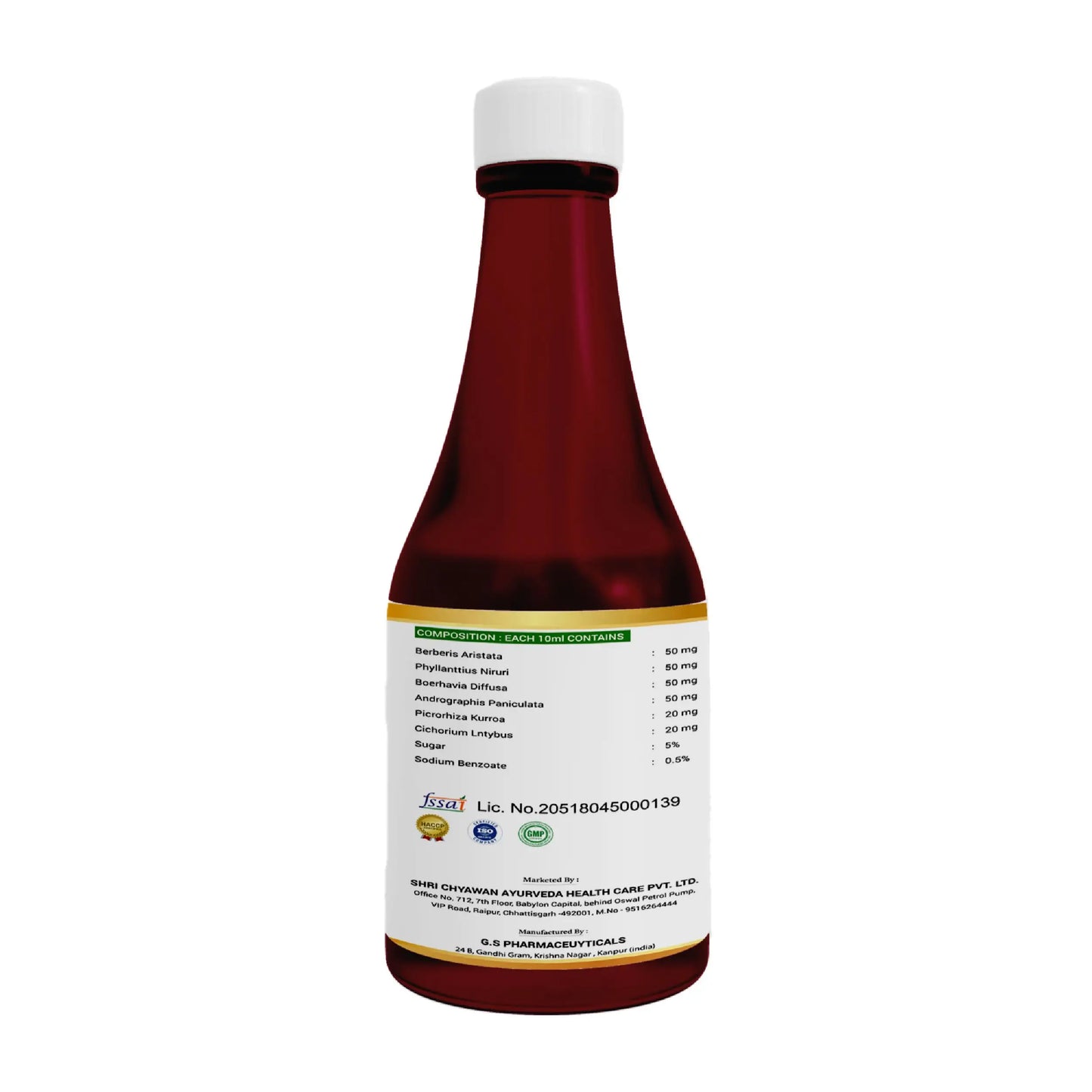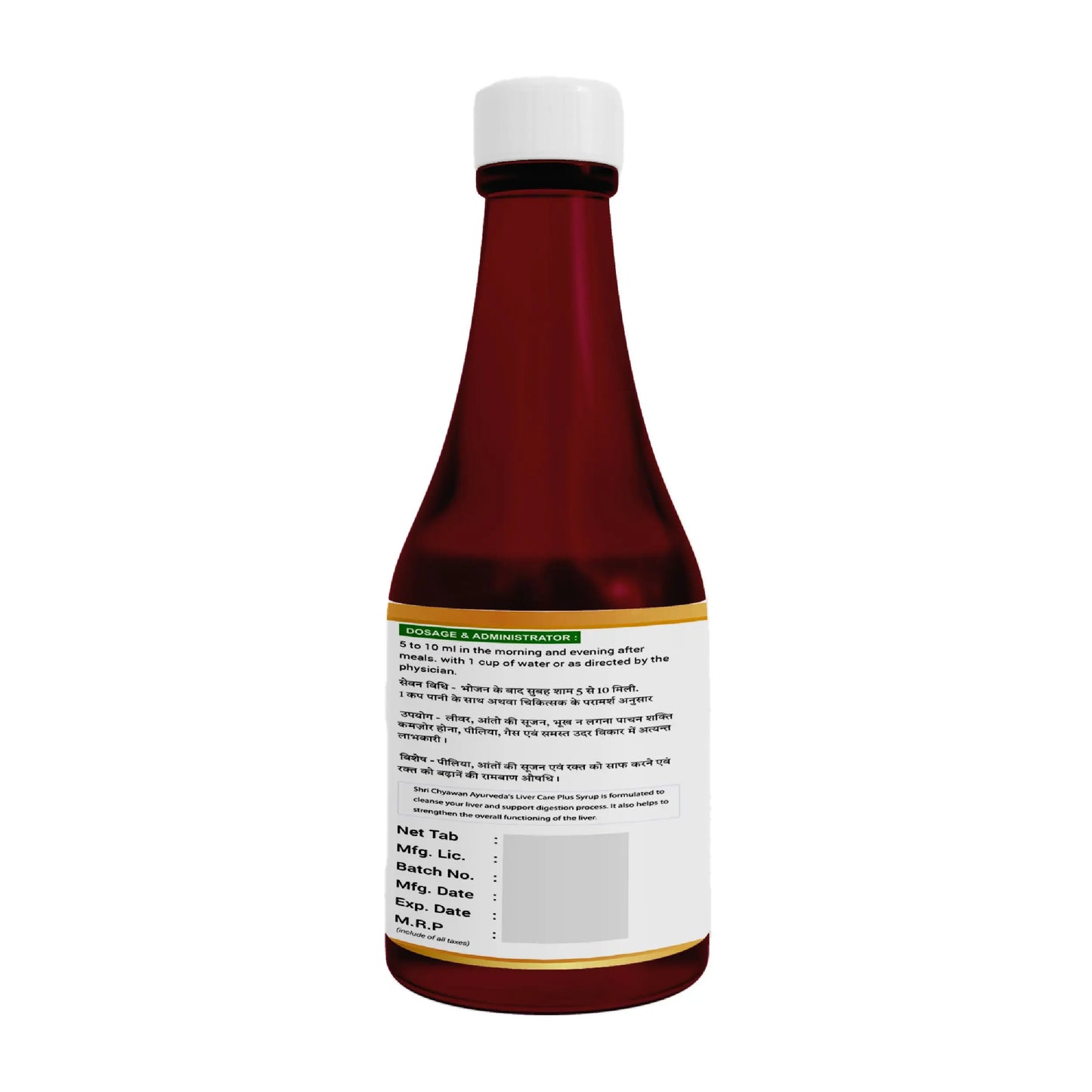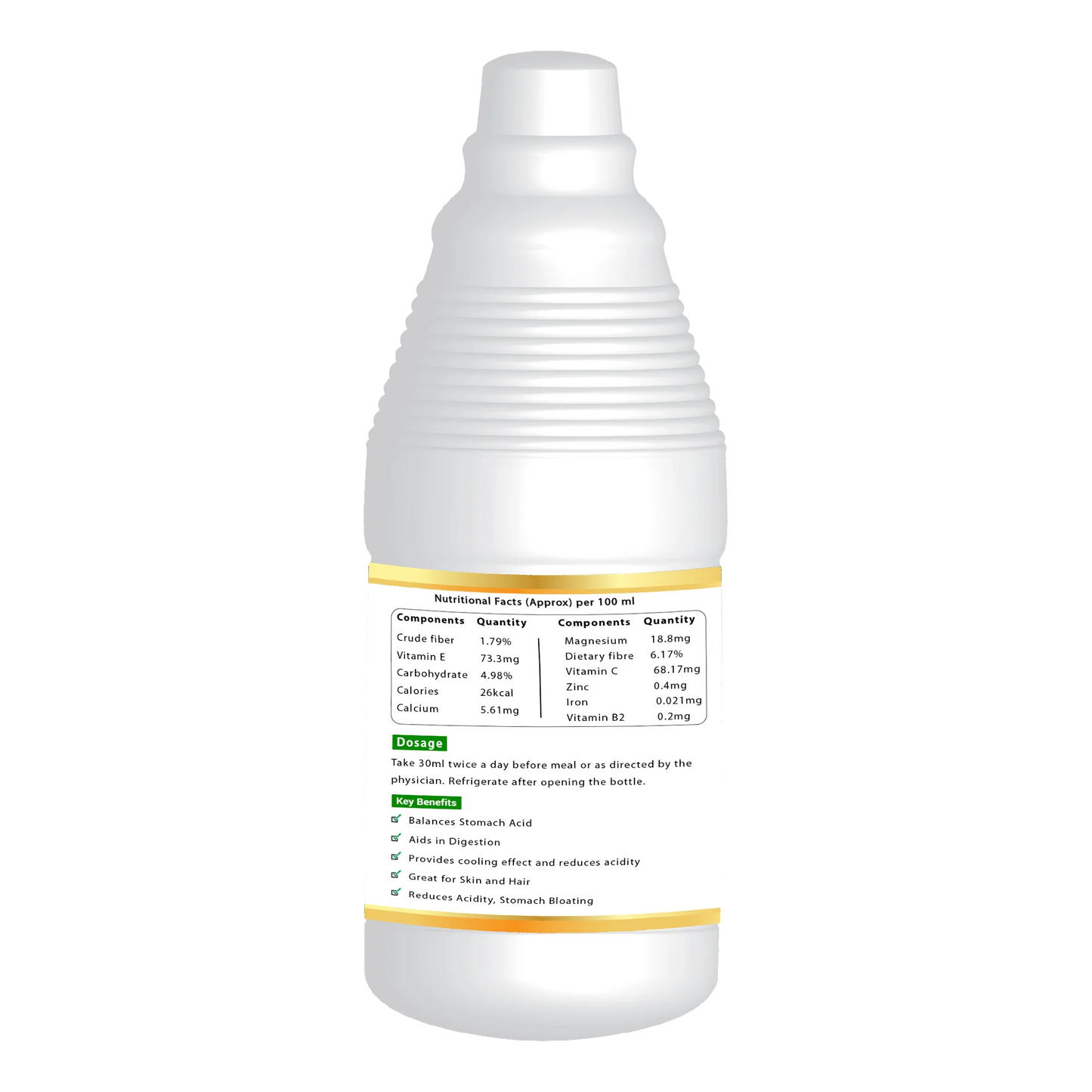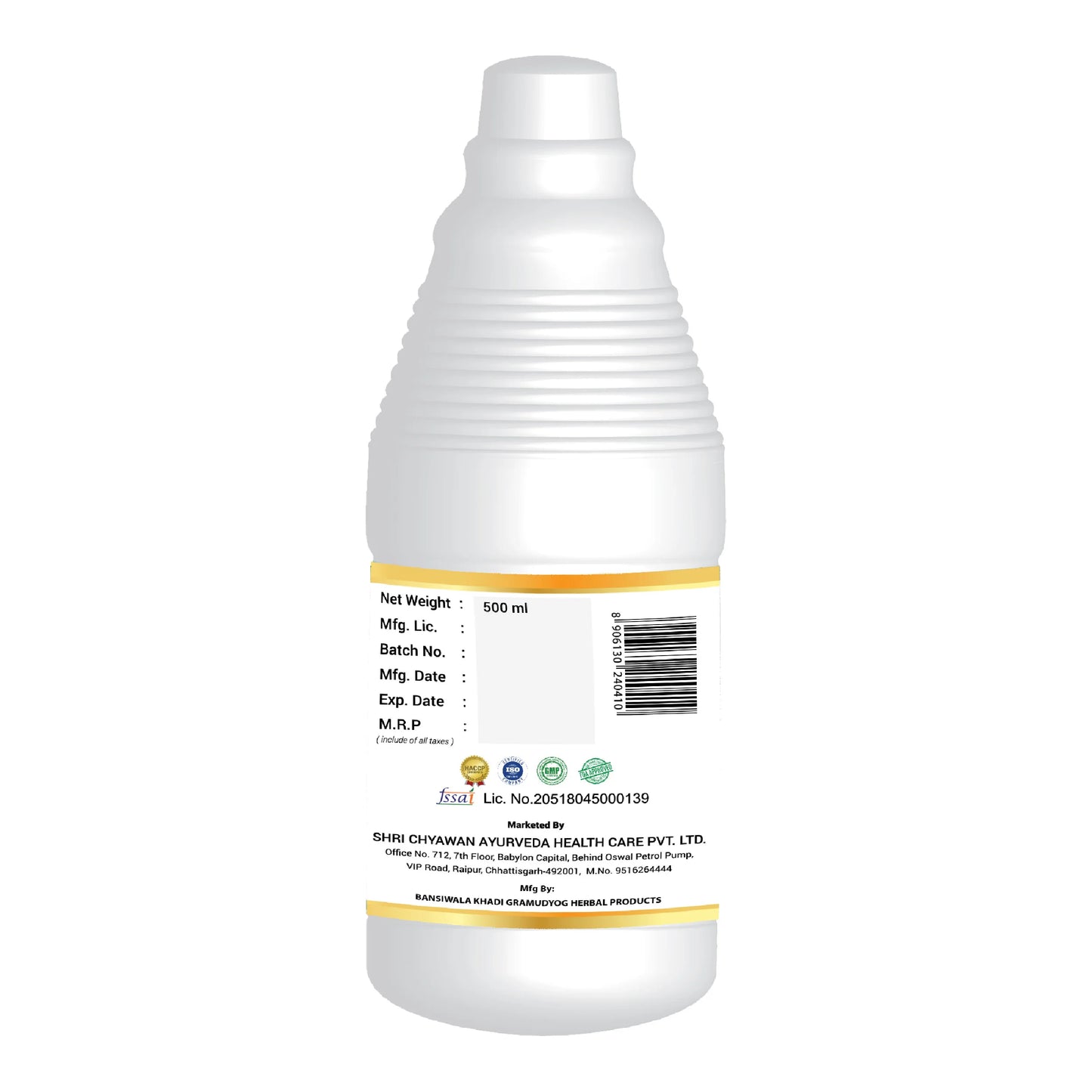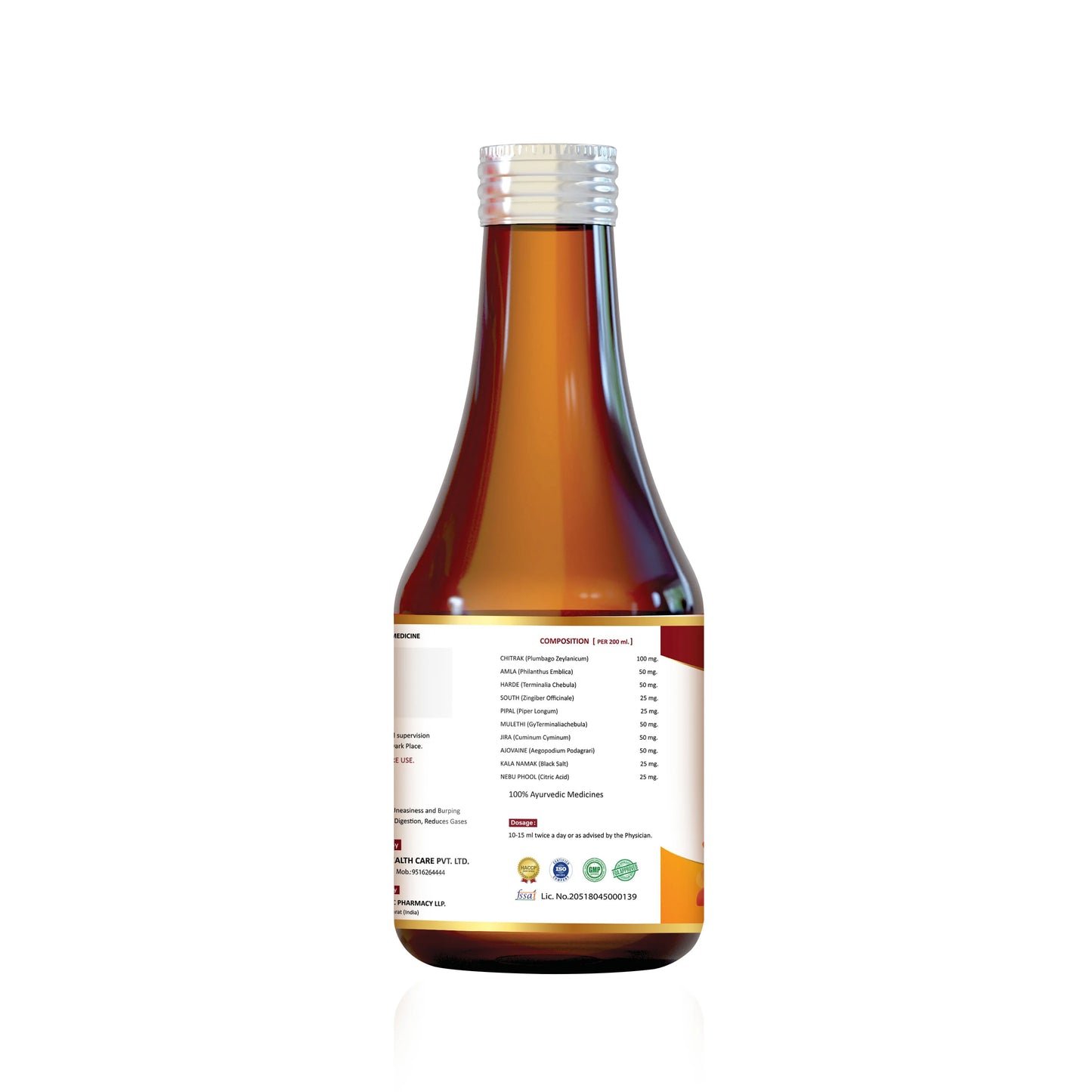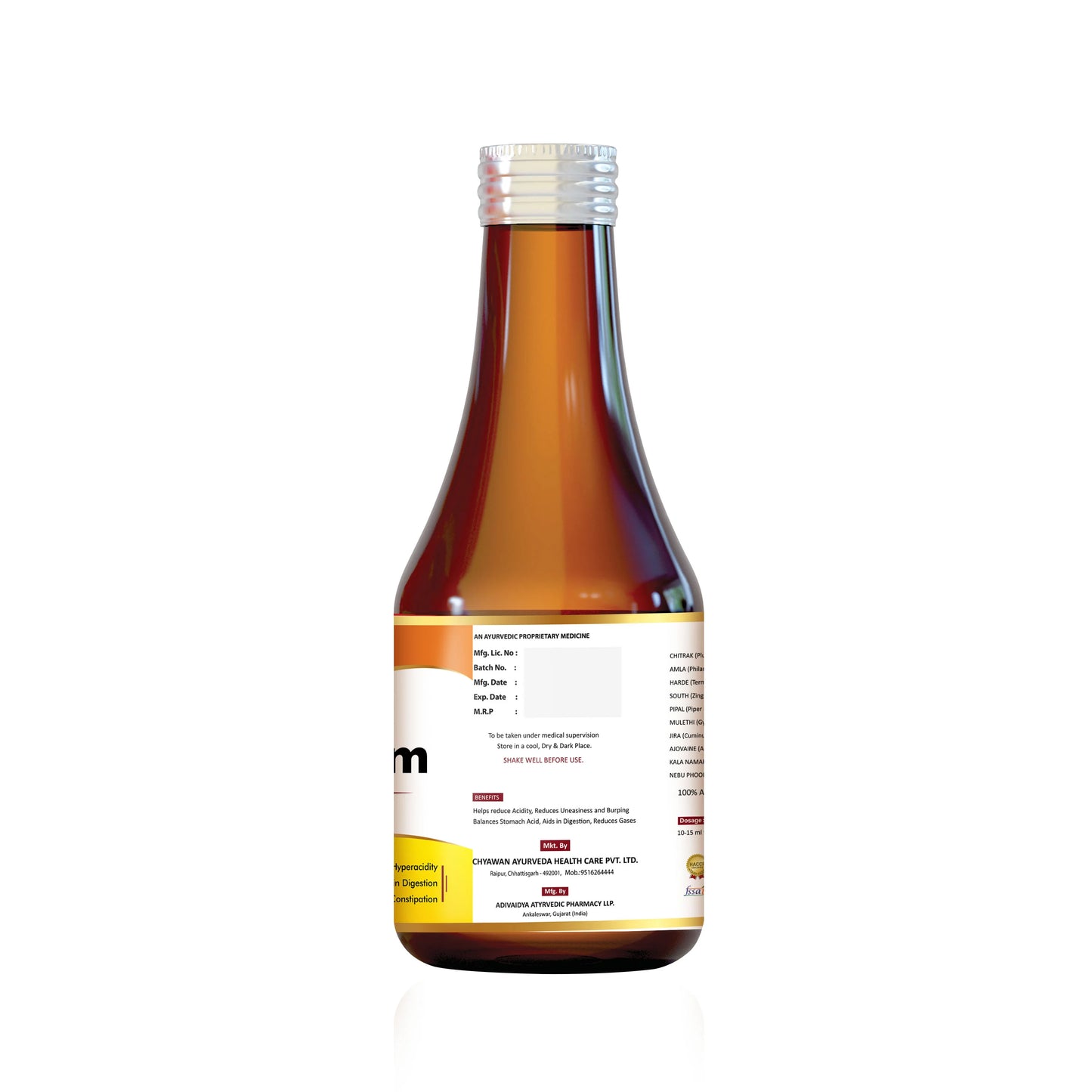Acidity is a fundamental concept in chemistry, indicating the presence of an acidic substance. In the context of health, it often refers to the presence of stomach acid, crucial for digestion. However, excess acidity can lead to discomfort and even health problems. Let's delve into the complexities of acidity and its impact on our well-being.
Understanding Acidity:
- The pH Scale: The pH scale measures acidity or alkalinity on a scale of 0 to 14, with 7 being neutral. Numbers below 7 indicate acidity, while those above 7 indicate alkalinity.
- Stomach Acid: Our stomachs naturally produce hydrochloric acid (HCl) to break down food and aid digestion. This acid creates a highly acidic environment (around pH 1.5 to 3.5) essential for the digestive process.
- Dietary Acidity: Certain foods and beverages, like citrus fruits, tomatoes, and coffee, can be acidic. However, these don't directly affect the body's internal pH, which is tightly regulated.
Acidity and Health:
Potential Harms of Excess Acidity:
- Heartburn and GERD: When stomach acid backs up into the esophagus, it can cause heartburn, a burning sensation in the chest. Chronic heartburn can lead to gastroesophageal reflux disease (GERD), which may damage the esophagus.
- Peptic Ulcers: Excess stomach acid can irritate and erode the lining of the stomach and duodenum (upper part of the small intestine), leading to peptic ulcers.
- Indigestion and Stomach Upset: Acidity can contribute to indigestion, causing bloating, nausea, and abdominal discomfort.

Important Considerations:
- The Body's Buffering System: Our bodies have a sophisticated buffering system that maintains a healthy internal pH (around 7.35-7.45). This system regulates both dietary acidity and stomach acid levels.
- Focus on Overall Diet: While some foods are acidic, a balanced diet with a variety of fruits, vegetables, whole grains, and lean proteins is key.
- Lifestyle Factors: Stress, smoking, and certain medications can increase stomach acid production and worsen acidity-related issues.
Acidity Treatment with Ayurveda
According to Ayurveda, acidity is caused by vitiated pitta dosha, which leads to excessive stomach acid production. We at Shri Chyawan Ayurveda have carefully formulated an Acidity Control Kit to manage your acidity. Our Kit has been prepared using all natural and pure ingredients and gives fast and permanent relief.
Frequently Asked Questions (FAQ):
- Can acidic foods cause ulcers?
- While acidic foods may irritate existing ulcers, they don't directly cause them. The main culprits are H. pylori infection and excessive use of nonsteroidal anti-inflammatory drugs (NSAIDs).
- Do I need to follow an alkaline diet to reduce acidity?
- There's limited evidence that alkaline diets significantly impact overall body pH. A balanced diet with a focus on whole foods is more important.
- How can I manage heartburn caused by acidity?
- Lifestyle modifications like avoiding trigger foods, managing stress, and maintaining a healthy weight can help. Over-the-counter medications or prescription drugs may be recommended in severe cases.
Living with Acidity:
Acidity, particularly stomach acid, plays a vital role in digestion. However, excess acidity can lead to discomfort and health problems. Focus on a balanced diet, manage stress, and consult a doctor if you experience persistent heartburn or other acidity-related issues. Remember, a healthy lifestyle is key to managing acidity and maintaining optimal well-being.





